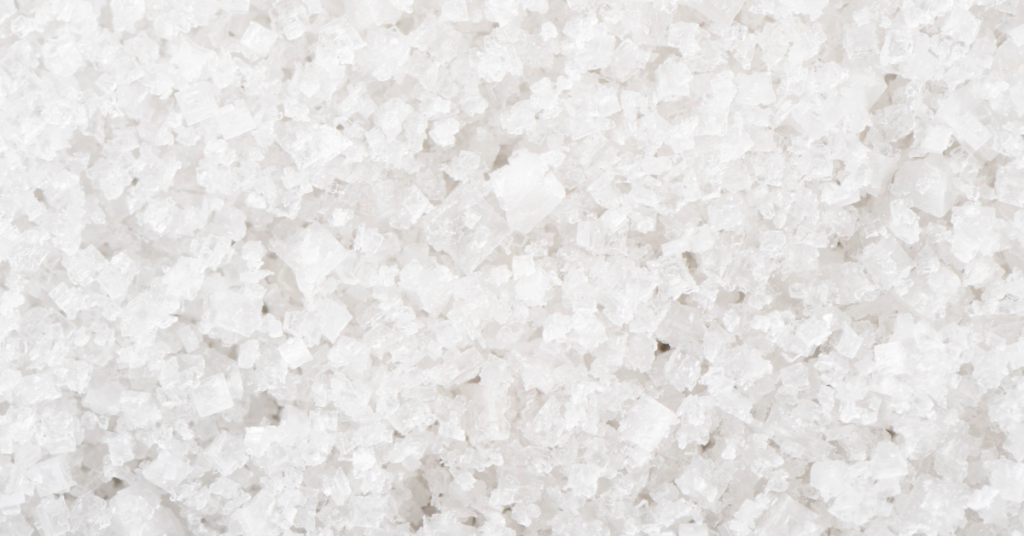Do I need a Salt-Free Conditioner or a Water Softener?

If you’ve ever wondered about the difference between a salt-free water conditioner and a water softener - and which is right for you - you’ve come to the right place! To determine the best equipment for your needs, it’s important to know how hard your water is. At Mollman’s Culligan Water, our water experts can perform a free in-home water analysis for you and make a personalized recommendation. In the meantime, keep reading to learn more about the differences between salt-free conditioners and water softeners.
What does a salt-free water conditioner do?
As the name implies, salt-free water conditioners condition water without the use of salt. They can help prevent scale build up on your fixtures and appliances, but they will not soften the water the way a traditional water softener will because they don’t remove minerals, and they won’t prevent buildup when there are high levels of hardness present.
While you won’t experience the silky-soft skin and hair a traditional water softener can provide, many people enjoy a water conditioner because of its reduced carbon footprint – due to no additional water being needed for backflushing and no salt required for ongoing maintenance.
How does a salt-free conditioner work?
A salt-free water conditioner works by using a special resin to alter the chemical structure of minerals like magnesium or calcium, making it easier to clean scale buildup.
What does a traditional water softener do?
A water softener removes minerals from the water which leads to softer skin and hair as well as prevents scale build up, extending the life of fixtures and appliances even when water hardness tests very high.
Traditional water softeners are our flagship product here at Mollman’s Culligan Water in OKC and El Reno. That’s because we find our customers typically deal with hard water problems that a salt-free conditioner cannot address.
How does a water softener work?
Water softeners work by removing calcium and magnesium from the water via resin beads. As water flows into your home through the softener, the calcium and magnesium adhere to the resin beads. Over time, the resin beads fill with minerals and need to be cleaned or “regenerated”. The regeneration process works by pulling salt from the brine tank which rinses and flushes the calcium and magnesium minerals from the resin beads.
Hard Water Testing in OKC
Depending on where you live in Oklahoma, the water tends to be hard, and the water hardness in OKC and El Reno requires a traditional water softener to fully address the problem. Salt-free conditioners can be great in areas where the water is 4 to 5 grains hard, however in our experience most Oklahoman’s will require a traditional water softener to address their water problems.
Are you still wondering, "Do I need a Salt-Free Conditioner or a Water Softener?" after reading this article? No problem! Our water experts are here for you. To recommend whether a salt-free conditioner or traditional water softener is best for you, we suggest scheduling your free in-home water test so that we can make a personalized recommendation.
